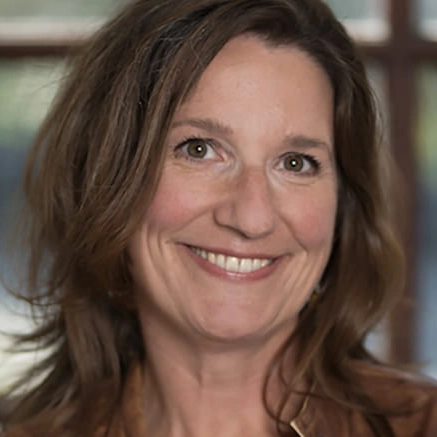
Sera Young
Anthropology professor Sera Young studies the challenges of household water insecurity around the globe. Watch Dr. Young's conversation about measuring and addressing water security.
A Northwestern study found that breadfruit, a starchy, nutrient-rich alternative to staple crops, will be relatively unaffected by climate change. Unlike its more popular counterparts (rice, corn, soybeans etc), researchers predict that a very small percentage of suitable land used to cultivate breadfruit will be altered by a significant change in climate conditions.
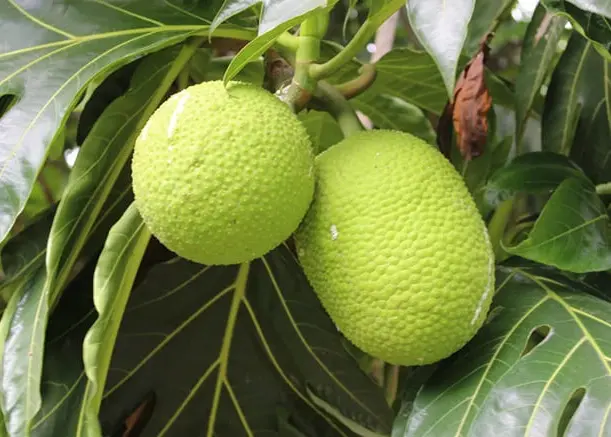
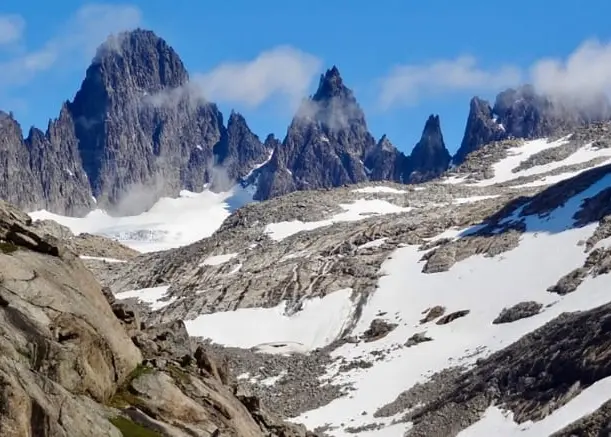
Greenland’s thousands of peripheral glaciers have entered a new and widespread state of rapid retreat, a Northwestern University and University of Copenhagen study has found. The rate of glacial retreat during the 21st century is twice as fast as retreat during the 20th century. And, despite the range of climates and topographical characteristics across Greenland, the findings are ubiquitous, even among Earth’s northernmost glaciers.
If climate change is a shark, water is the shark’s teeth. It’s easier to look ‘okay’ in terms of water security when you look at the availability of water or the infrastructure in a community than it is when you ask about people’s lives. ”
Professor Sera Young researches water equity

Anthropology professor Sera Young studies the challenges of household water insecurity around the globe. Watch Dr. Young's conversation about measuring and addressing water security.

Professor Sageman studies how the Earth system responds to very large inputs of CO2. His work has fundamental applicability to our understanding of the climate system, and our ability to predict what will happen in the future.

Chemistry professor Omar Farha, has experience exploring the role of metal-oxide framework (MOF) structures that can be used to combat climate change.
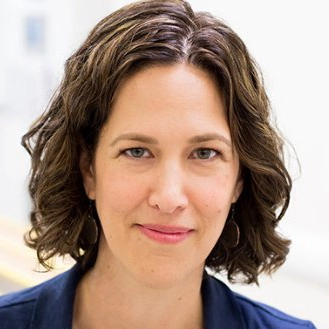
Professor Axford studies climate and environmental change, primarily through the lens of paleolimnology (the study of lake sediments and past lake environments).
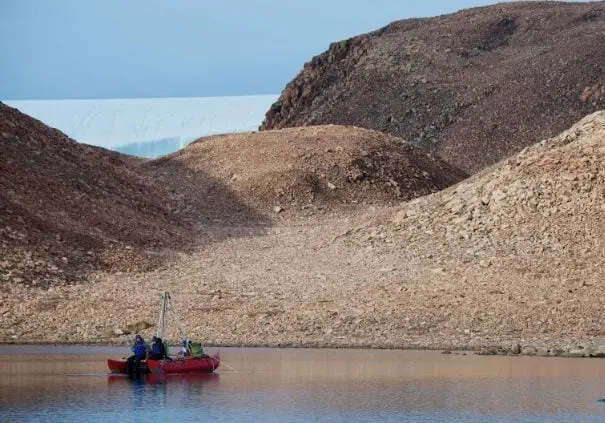
By studying fossils from ancient aquatic plants, Northwestern University researchers are gaining a better understanding of how methane produced in Arctic lakes might affect — and be affected by — climate change.
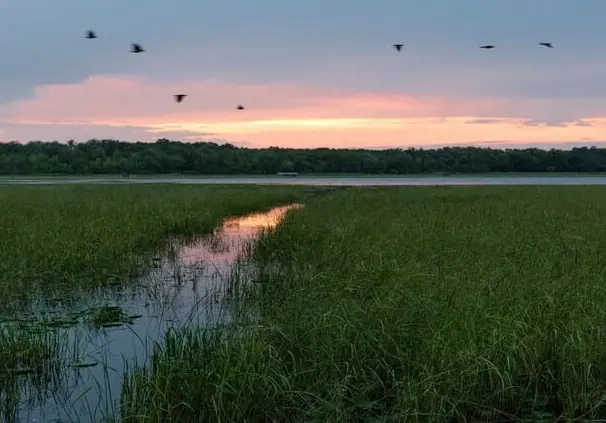
A team led by Northwestern researchers received a $5 million grant over five years from the National Science Foundation (NSF) to create strategies that will help mitigate the effects of climate change on the Great Lakes and its surrounding communities.



I really like helping students see how big issues like climate change, systemic racism, biodiversity loss, and economic inequality are all related.”
Assistant Professor of Instruction Elsa Anderson

Northwestern University is playing an increasingly important role in setting climate change policy worldwide and achieving impact at scale.

A sociology Ph.D. candidate at the Weinberg College of Arts and Sciences at Northwestern and observed how health equity is being integrated into climate change priorities globally as a piece of her dissertation research.
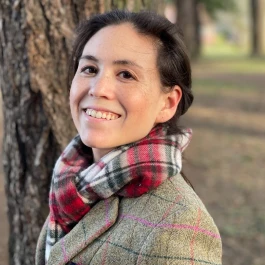
A political science Ph.D. conducted dissertation research while at COP26. Her work focuses on equity in climate finance distribution and the role vulnerability to climate change plays in shaping financial outcomes.
Our climate is changing rapidly, with rising sea levels, extreme weather, and environmental disasters affecting daily life. This course introduces environmental sociology, exploring the social roots of environmental issues. Topics include sustainable development, the role of corporations, media, and social movements, as well as how gender, race, and socioeconomic factors create unequal environmental risks.
Learn about the syrup industry and its impact on Native American and non-Native communities, while manually tapping and monitoring maple trees throughout tapping season. In addition to recording sap flow, the teams record air and ground temperatures around the trees and look at soil composition via mass spectrometer analysis.
This course examines climate change literature, exploring how 20th and 21st century works—including science fiction, poetry, and film—shape and respond to environmental crises. We will analyze different visions of the climatic future, such as apocalyptic or technocratic, and consider whether climate change can be narrated as a long-term catastrophe rooted in colonialism and capitalism. The course will also explore what literature reveals about climate change that other fields cannot, and why certain writers' voices become central or peripheral in climate discourse.